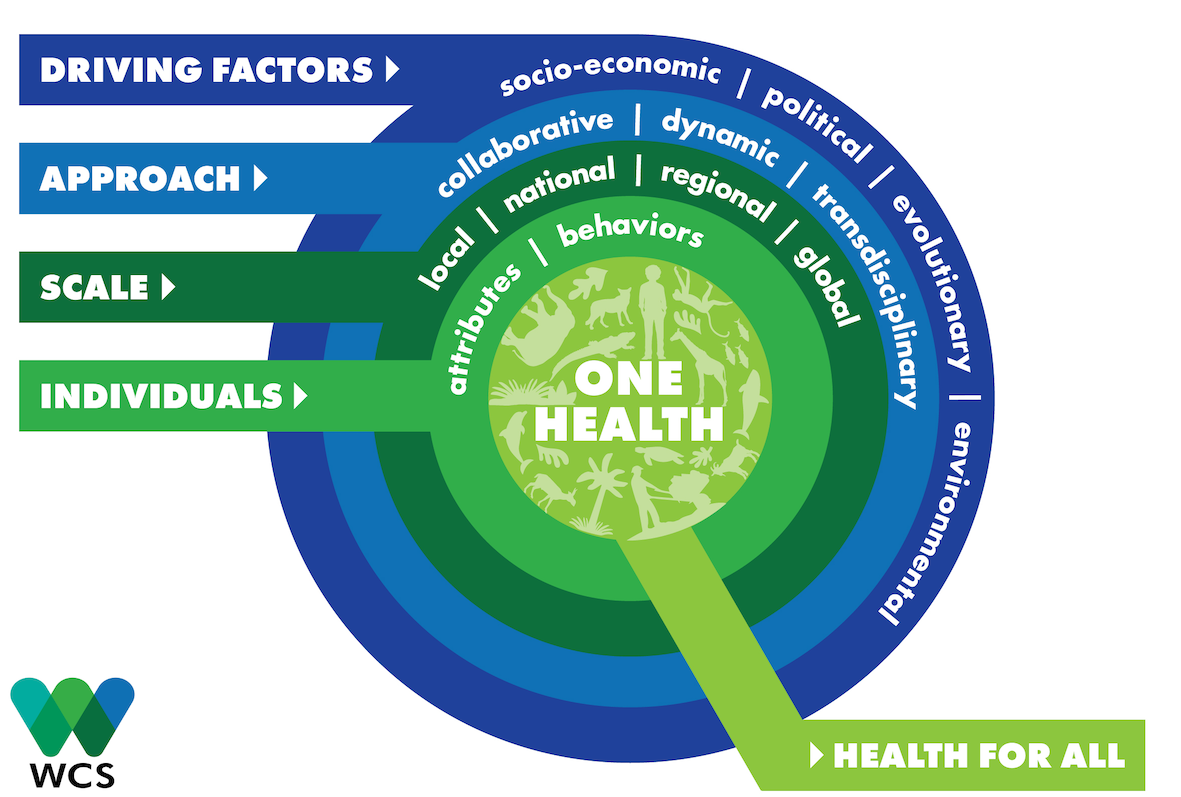Zoonotic diseases occur when harmful germs, like viruses and bacteria, are spread from animals to people, causing illness that can range from mild to deadly. Commercial wildlife markets, at which wildlife are often sold freshly slaughtered, present a major risk for the development and spread of zoonotic diseases. Animal consumption-based food systems have been implicated in the emergence of zoonoses (including HIV, SARS, Ebola virus disease, avian influenza), and mounting evidence indicates substantial human health risks from the trade in live wildlife.
WCS recently published research showing that prevalence of coronaviruses in wild rodents in Viet Nam increased along the food supply chain from field rats, to large markets, to restaurants, highlighting the risk of zoonotic spillover to people through the commercial wildlife trade. As the world contends with the devastating consequences of the COVID-19 pandemic, the need to shut down this trade has never been more urgent.
In our Winter Newsletter you can read more on our efforts to bring to light the health risks of commercial wildlife trade; our scientists discoveries on a groundbreaking Mount Everest expedition; our work to protect wild tigers from the devastating canine distemper virus; our wild shark studies; and the fascinating history of vets at the Bronx Zoo since the turn of the 20th Century:
WCS One World, One Health News: Protect Wildlife, Protect Us
Read our other newsletters here